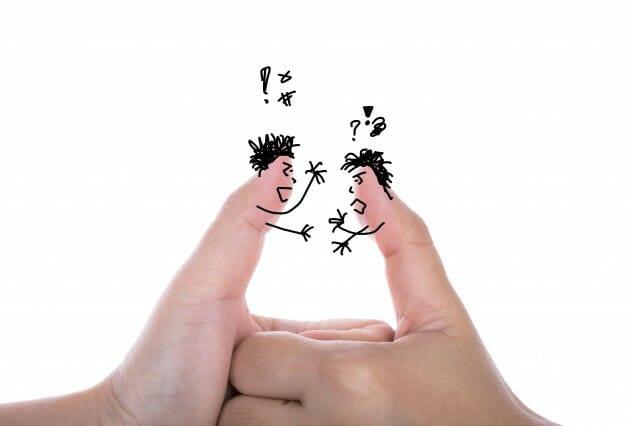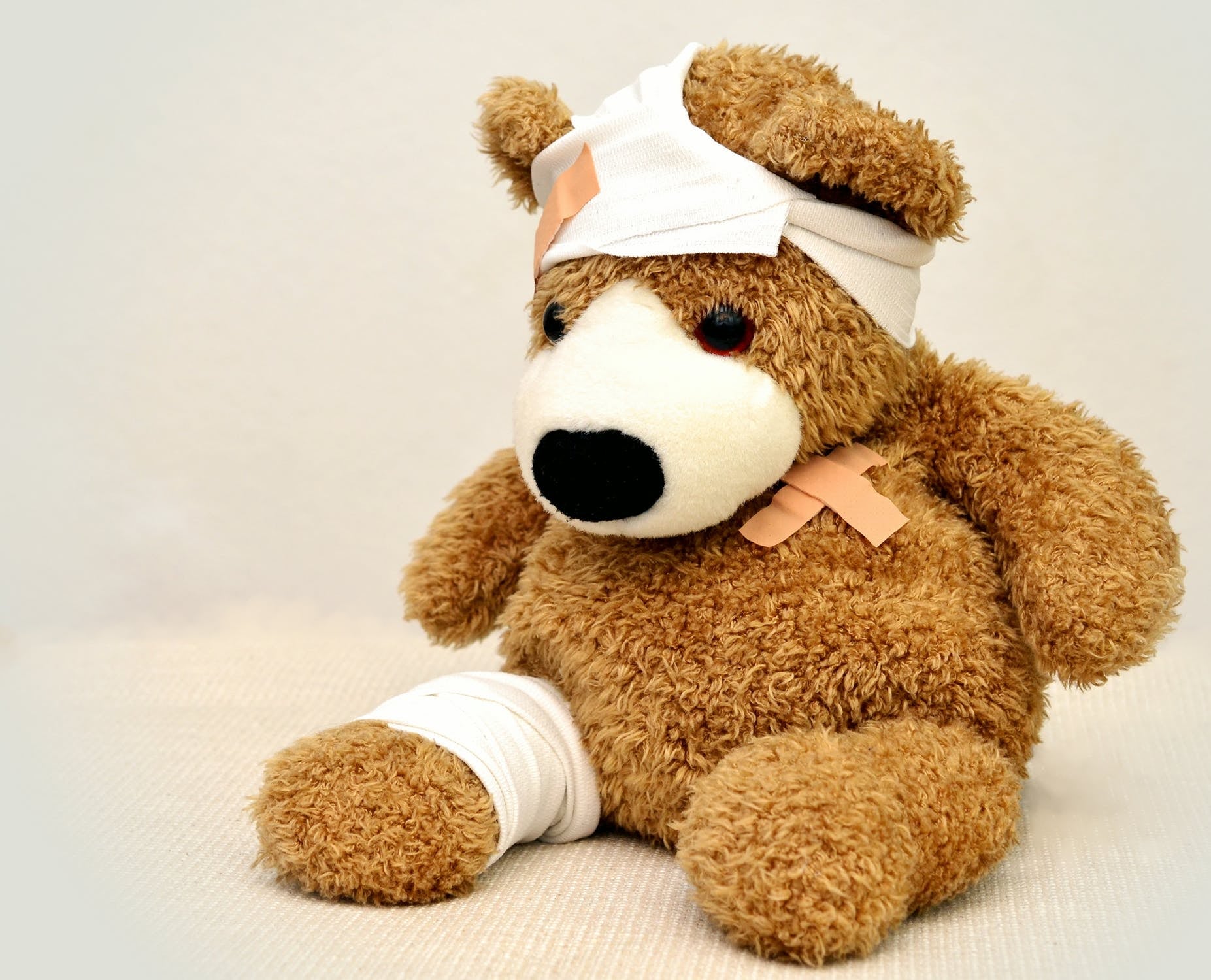This is a user submission to IRL. We do not edit the article beyond ensuring that it complies with the site’s format. The opinions expressed are solely those of the author, and do not represent the opinions of IRL or its affiliates.
As we get older, we find ourselves reminiscing about memories of the past. Whether sweet or sour, good or bad, some memories are rooted within you even as you earn wrinkles, cellulite, and a few white hairs.
My mother often reminisces about the past.
She remembers a time when her daughter was a child, no taller than her own standing of 5 feet.
She remembers a time where her daughter was a well-behaved, perfect little angel that made all the other mothers green with envy.
“What a good girl you used to be. You’d finish all the food on your plate and eat without a mess at all! All the other parents would stare at you and marvel how a 2-year old could eat without even dropping a grain of rice.”
“Look at those kids running around with no parents to supervise them. Luckily, you were always so good and didn’t run around like a little monster. You stayed by my side and just walked normally. You were such a good girl.”

Too bad I’m not a good girl anymore.
Growing up, we’re transfixed on the idea of being a good and filial child. This includes obeying instructions down to the very last: Don’t cry, and don’t get angry.
And so we wipe away our tears, breathe our snot back in, unclench our fists, and turn our faces down and away so nobody can see our tear-stained cheeks and swollen eyes.
The word ‘don’t’ is restrictive. Don’t touch electrical switches if your hands are wet. Don’t talk to strangers. In this case, it restricts movement that safeguards us from harm.
But what about “Don’t cry and don’t get angry”?
Do you know that these words cause more harm than good?
Essentially, we tell children — or even our peers and fellow adults — not to cry or get angry as we don’t quite know how to handle negative emotions.
We just want them to stop being sad/angry. We know that these emotions are negative and should be avoided at all costs.
This is wrong.
By forcing oneself to suppress their emotions, it creates a very difficult situation for a person that is torn between expressing themselves and being basically, a ‘good’ person.
A good person who shoots sunbeams from their smile and walks with a spring in their step, even if the weight of the world is crushing their bones and soul from inside.
I believed that I had to always be a good person: friendly, smiling, kind, polite, insert-all-the-other-positive-adjectives-you-can-think-of.
But it is hard to be a good girl.
Especially when life hits you with curveballs and craters made of fire and barbed wire that eat away at you every single day.
Especially when you’re just millimeters away from finding zero hope to live.
All this pent up sadness and rage, and you’re not allowed to show it at all. It is not healthy.
It’s not just unhealthy, but it could lead to a person searching for alternate and possibly worse ways to release their confused emotions.
For a good part of my life — over two decades to be exact — I was under the impression that I should not show my sadness or anger.
Even at the slightest hint of anger, my mother would say, “Why are you so moody? Stop being so moody. There’s nothing to be moody about.”.
I was sad and angry but I could not talk about it to anyone. They would just tell me to stop feeling that way.
So how did I let go of what was bubbling inside of me?
I started counting the ways to die, the days to die, where to die, and planning how my assets (not that I had any unless you count my collection of stuffed toys) would be distributed after my death.
Every birthday was a milestone for me. They congratulated me on turning a year older; I wondered if I’d even live to see another birthday cake.
My turning point came with realizing my emotions when someone explained filial therapy to me.
Although the therapy is tailored for children, it turned my world upside down and answered most of my questions.
One component of filial therapy grabbed me the most: empathic listening. Parents would play with their child and verbally reflect the child’s feelings and behaviours.
If the child was feeling upset because a toy had broken, the parent would reflect said feelings by saying, “You are upset because the toy is broken.”

Doing so allows the child to be aware of all their emotions, including anger.
By reflecting and saying those feelings out in the open, you acknowledge that the person is feeling such a way and in return, they are able to accept and express their emotions better.
I started practicing filial therapy on myself.
I used that knowledge to my advantage, making sure that from then on, I refrained from using the words “Don’t cry/be angry.”
Instead, I replace it with “It’s alright, let it out. You are feeling sad, you have every right to be.”
So I wasn’t a good girl anymore. Instead of keeping my emotions tightly bound, I would let slip to the world that I was angry.
Don’t ask me to not be angry; I’ll only reply with, “Why can’t I be angry?”
If we can accept the positive emotions of happiness and excitement, we should be able to accept and acknowledge the negative emotions as well.
A person should not be told to “Stop feeling angry” or “Stop feeling sad”. If I told you to stop being happy, what would you tell me?

For more articles on self-actualisation, read:Being Pressured into Sex Made Me Learn How to Love Myself. Here’s My Story and I Was a People Pleaser — This Is How I Learned to Live for Myself.
More from Real People
‘A RM100 fee cost a company 5 years of revenue’ shares M’sian
This story is about a Malaysian who learned that bureaucracy can be defeated simply by not arguing with it.A billing …
‘I quiet-quit, upskilled, and tripled my salary,’ shares M’sian engineer
This story is about a Malaysian who learned that loyalty without leverage leads nowhere in the corporate world.After years of …
‘I did everything right, and it still wasn’t enough’ shares M’sian graduate
This story is about a Malaysian graduate navigating big dreams in a job market where a degree no longer guarantees …














